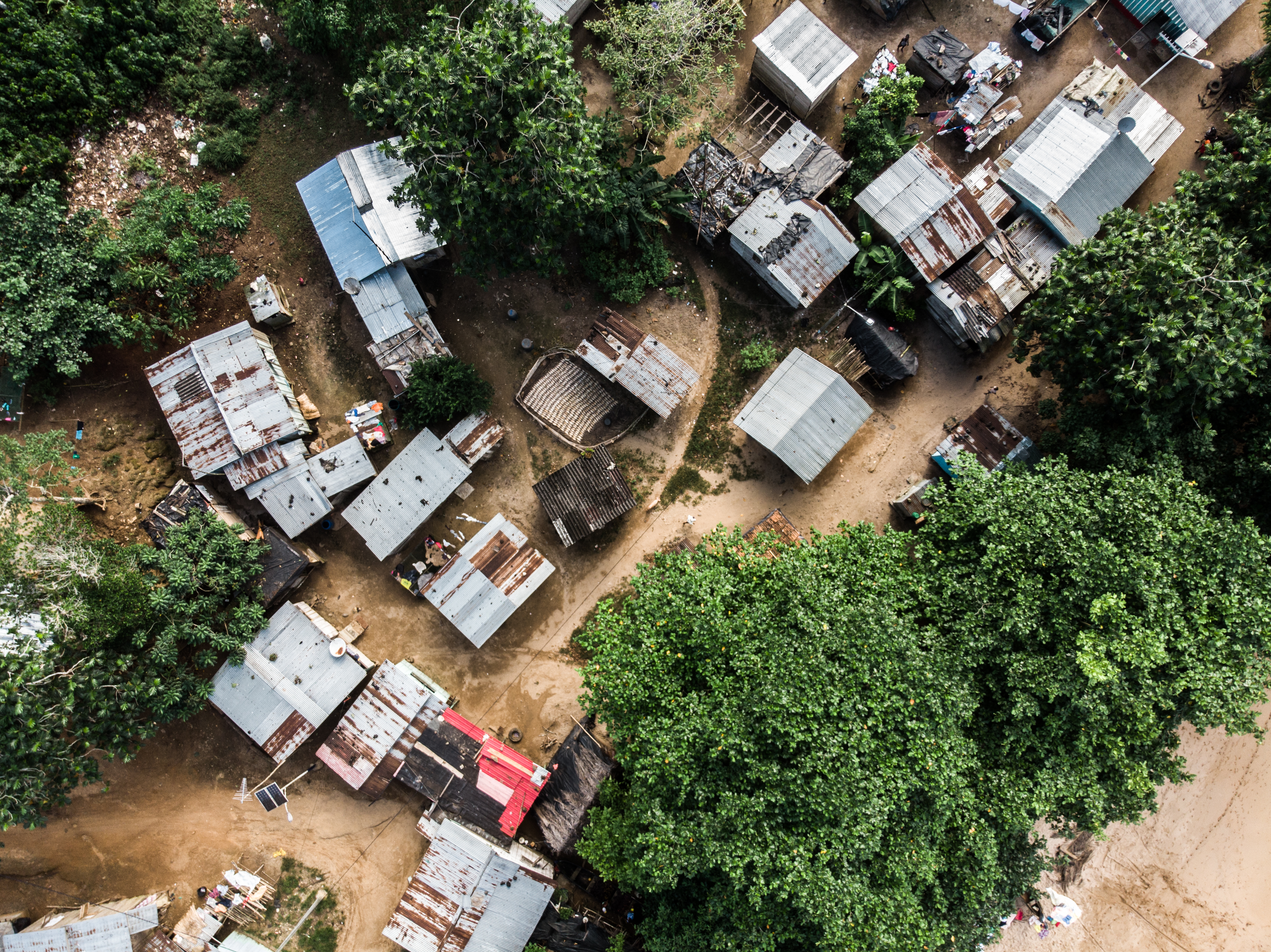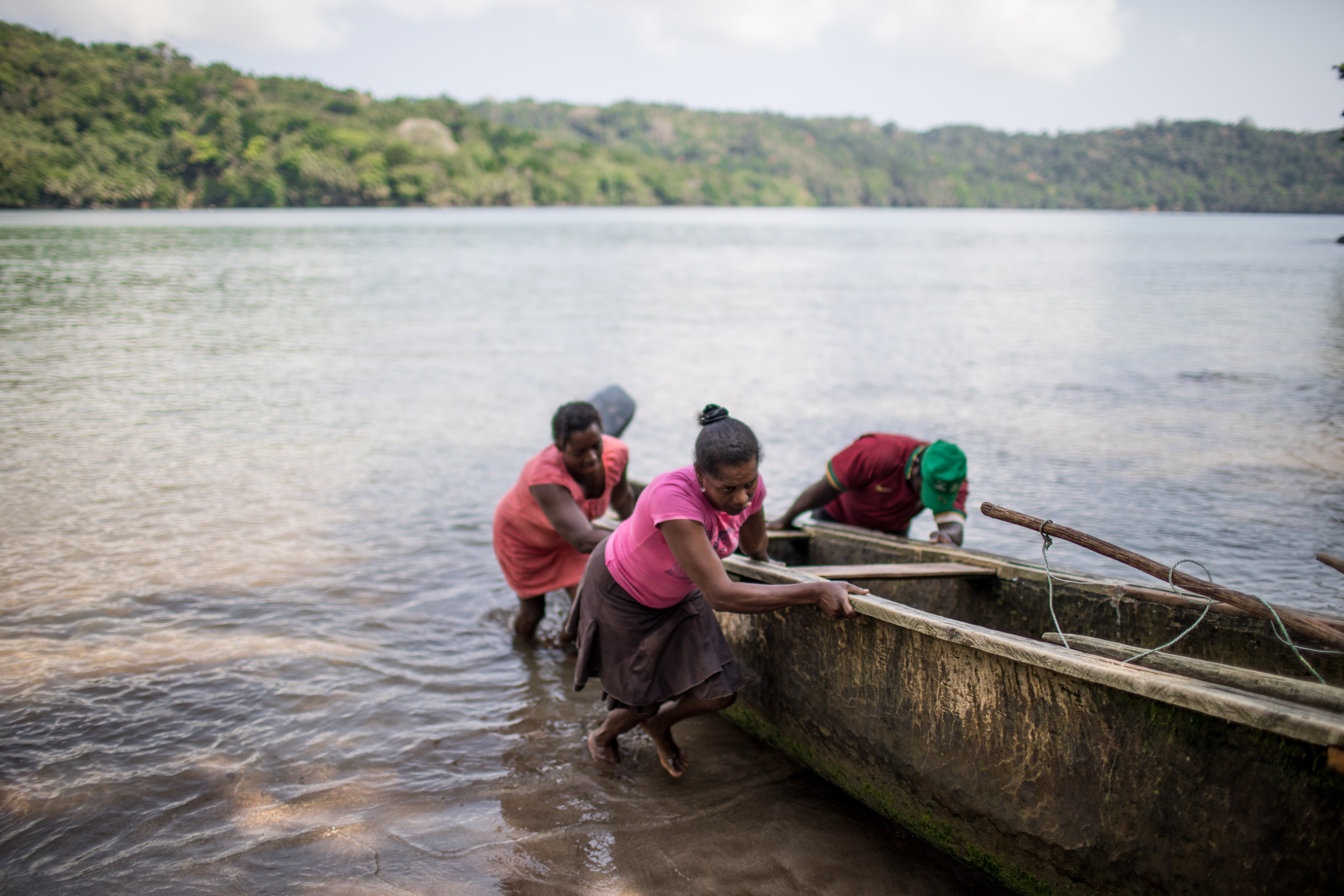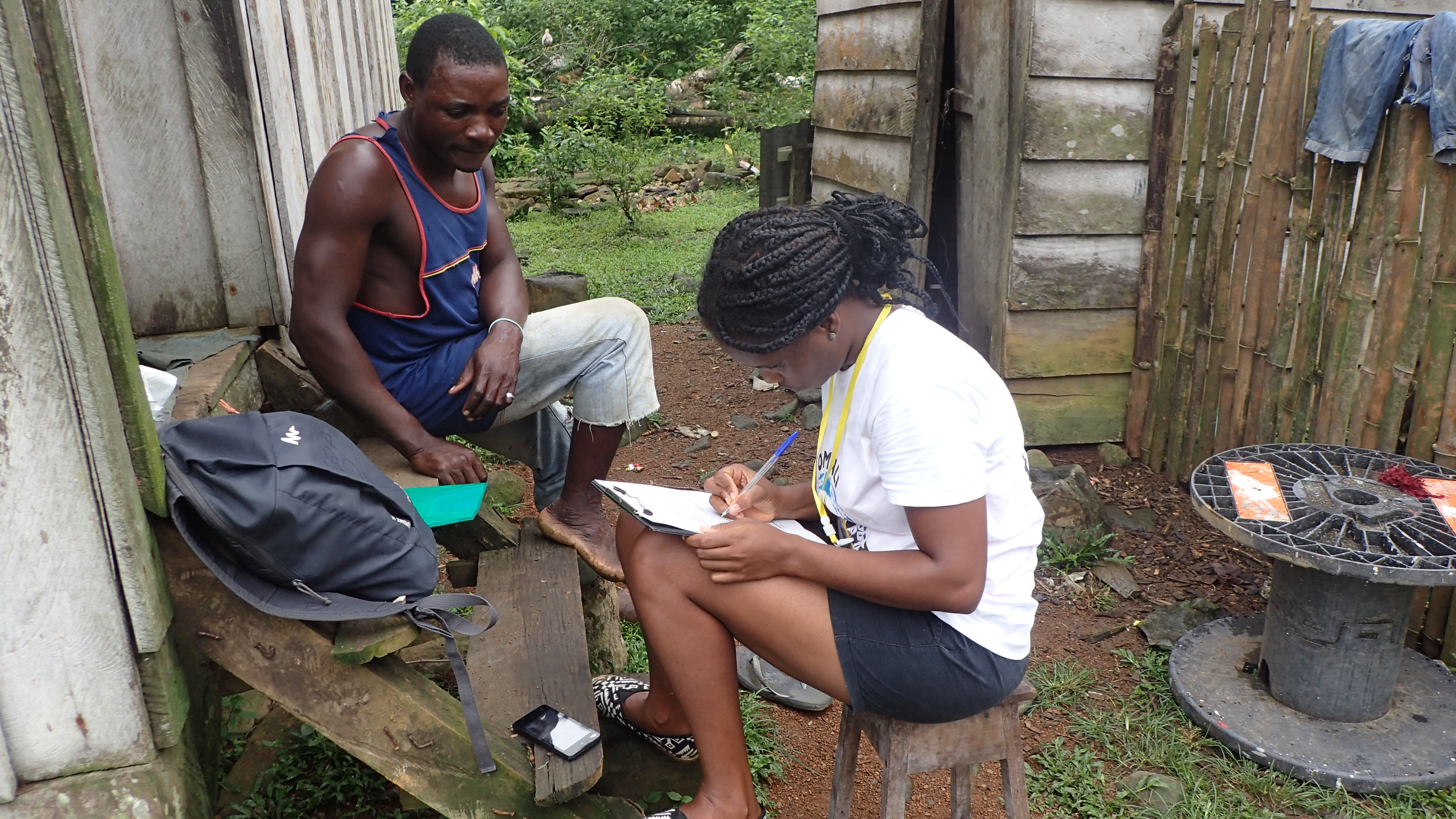Author – Dr Ana Nuno
A remote and poorly known small island located in the Gulf of Guinea, off the coast of Central Africa, Príncipe (São Tomé & Príncipe) and its people rely heavily on small scale fisheries. When fishing communities on the island tell us that they have to travel farther away, spend more time at sea and increase the amount of fishing gear to get similar amounts of fish that they used to catch near the coast some years ago, it all sounds too familiar. These problems are felt in many coastal areas all over the world and can be particularly severe in small-island developing states, where resources for management are scarce and people often have limited access to other opportunities.

Fishing communities are crucial in addressing conservation issues worldwide. Stakeholder participation and fisheries co-management have been recognised as key approaches, particularly when enforcement is challenging due to limited state capacity. But how can we promote individual action and support for measures that improve marine ecosystems? Some might say we need to empower stakeholders. Empowerment has become a popular concept in conservation but, while well-meant, it is often used as a buzzword with unclear claims. How can we move beyond the conservation buzzword?

Focusing on marine conservation and small-scale fisheries in Príncipe, our new paper published in Conservation Letters identifies key determinants of psychological empowerment towards conservation and explores potential management implications. Done as part of a Darwin Initiative project and in partnership with Fundação Príncipe (an NGO based on the island), this research incorporated focus group discussions and household questionnaires (869 people interviewed on an island with around 8000 residents!). We gathered information on, for example, individual and household characteristics; use of natural resources; perceptions about potential interventions; and multiple components of empowerment (e.g. governance, freedom of choice and action, participation, control and collaboration).

We found that people were more likely to believe they could personally make a difference towards protecting the marine environment on the island if they also: felt state law enforcement was currently playing an active role, had higher levels of individual freedom of choice and action, and believed their communities could, collectively, improve outcomes. Respondents who answered “don’t know” about the current marine environment condition on the island were less likely to believe they could make a difference than those who believed the marine environment conditions had remained the same, worse, or better than before.
Considering potential interventions, people with higher levels of self-perceived influence over marine conservation were more likely to recommend specific measures (e.g. creating no-fishing areas). This suggests linkages between psychological empowerment and social acceptability of specific potential interventions.
Why does this matter? Engagement in conservation projects may be influenced by the belief of one’s own abilities to achieve change. As a follow-up project led by FFI and aimed at establishing the first network of marine protected areas in the country now takes place, this information is crucial for understanding how to meaningfully engage local communities and other stakeholders. This is needed for identifying common visions and collaboratively working towards achieving them. As this research shows, this might require tackling several different issues that go hand-in-hand (e.g. access to opportunities, awareness about condition of marine ecosystems and enhancing enforcement), so that people believe their contributions can actually make a difference. While engagement and participation are definitely needed, suitable conditions are essential for those to bear fruit.
If you’d like to find out more info about this project in Príncipe, check out our website and watch our video to take a stroll through this fantastic island!
#ExeterMarine is an interdisciplinary group of marine related researchers with capabilities across the scientific, medical, engineering, humanities and social science fields. If you are interested in working with our researchers or students, please visit our website!
